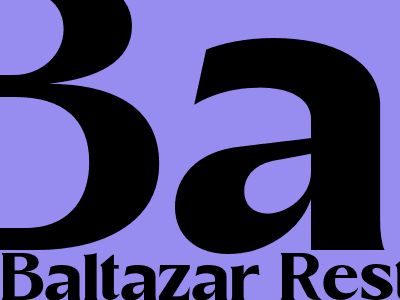How to Write High-Quality Blog Posts That Will Rank in 2023
Introduction
In today's digital age, content is king. And if you want your website to succeed, you need to be creating high-quality blog posts that will rank in search engines. But what does it take to write a successful blog post? In this guide, we'll share everything you need to know, from choosing the right topics to optimizing your content. By following these tips, you can create great blog posts that will help you attract more visitors and grow your business.
1. How to Choose the Right Topic
The first step to writing a successful blog post is choosing the right topic. Your topic should be something that is relevant to your audience, interesting, and has the potential to rank in search engines. To find the right topics, start by thinking about what your audience is interested in. What questions are they asking? What problems are they trying to solve? Once you have a few ideas, do some research to see if there is any demand for your topic. You can use tools like Google Trends to see how popular a topic is, or you can look at the search results for your target keywords to see what kind of content is already ranking.
Another way to find blog post topics is to look at what other popular blogs are writing about. What topics are getting the most engagement? What kind of content is resonating with readers? By understanding what other successful blogs are doing, you can get ideas for your own content.
2. How to Write Great Content
Once you have a topic, it's time to start writing your content. The most important thing to keep in mind when writing blog posts is to provide value to your readers. Your content should be informative, helpful, and engaging. It should also be well-written and easy to read. Here are some tips for writing great content:
- Start with a strong hook. The first few sentences of your blog post are the most important. They need to grab the reader's attention and make them want to keep reading. You can do this by using a compelling statistic, a personal anecdote, or a question that sparks curiosity.
- Use clear and concise language. Avoid using jargon or technical terms that your audience may not understand. Write in a way that is easy to read and understand, even for those who are not familiar with your topic.
- Structure your content logically. Your blog post should have a clear introduction, body, and conclusion. The introduction should grab the reader's attention and introduce your topic. The body of the post should provide the details and evidence to support your argument. The conclusion should summarize your main points and leave the reader with a final thought.
- Use visuals to break up your content. Images, videos, and infographics can help to make your blog post more visually appealing and easier to read. They can also help to illustrate your points and make your content more engaging.
- Proofread your content carefully. Before you hit publish, take some time to proofread your content carefully. Make sure there are no errors in grammar, spelling, or punctuation. You should also make sure that your content is well-organized and easy to read.
3. How to Optimize Your Content
Once you have written a great blog post, it's time to optimize it for search engines. This will help your post rank higher in search results and get more traffic. Here are some tips for optimizing your content:
- Use relevant keywords. Keywords are the words and phrases that people use to search for information online. When you use relevant keywords in your blog post, it will be more likely to appear in search results. To find relevant keywords, use a keyword research tool like Google Keyword Planner.
- Include keywords in your title and headings. The title of your blog post is one of the most important factors in determining its ranking in search results. Make sure to include your target keyword in the title, as well as in the headings throughout your post.
- Write a compelling meta description. The meta description is a brief summary of your blog post that appears in search results. It should be informative and engaging, and it should include your target keyword. The meta description can be up to 160 characters long.
- Build links to your blog post. Links from other websites to your blog post will help to improve its ranking in search results. You can build links by submitting your post to directories, guest posting on other blogs, and participating in social media.


0 Komentar